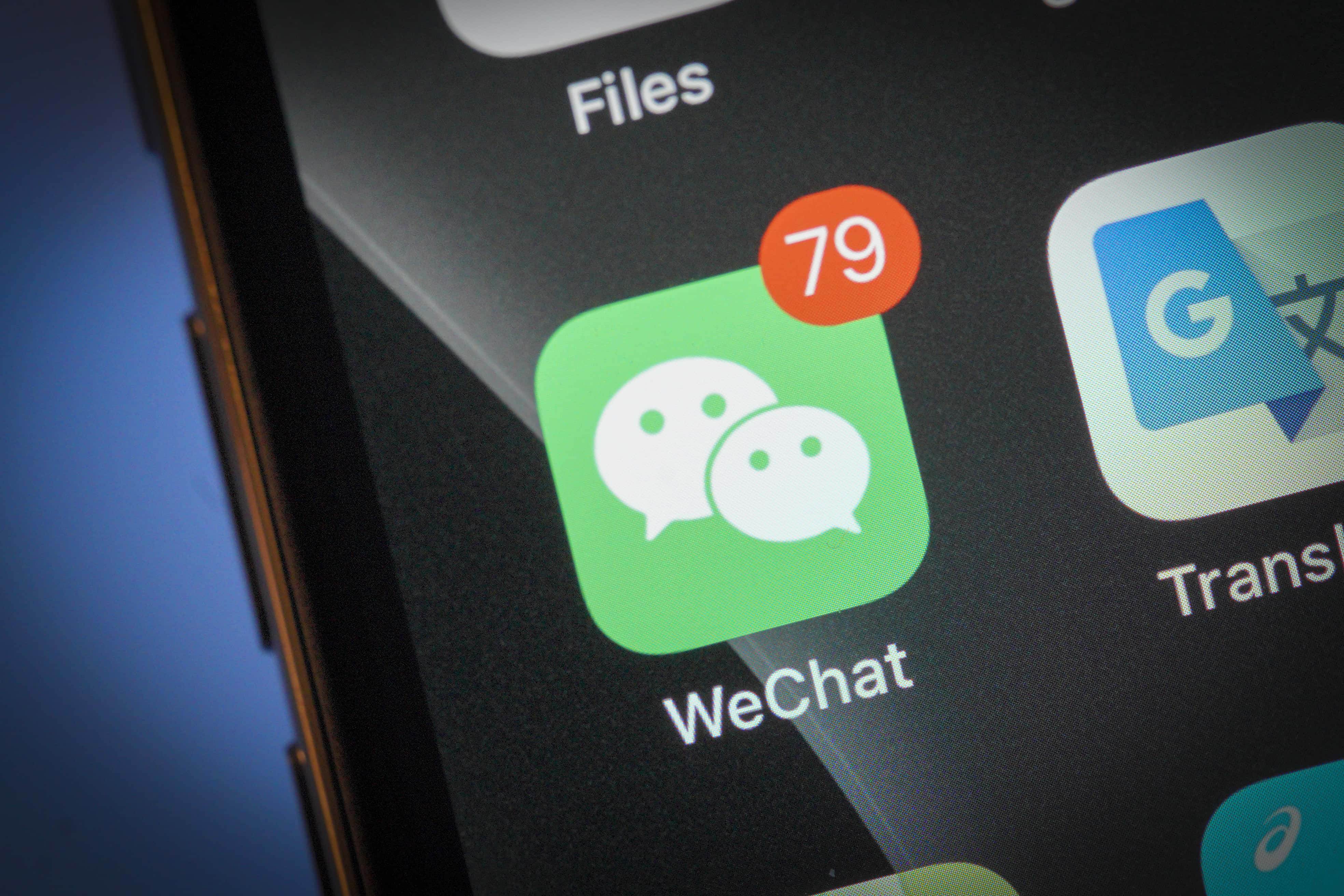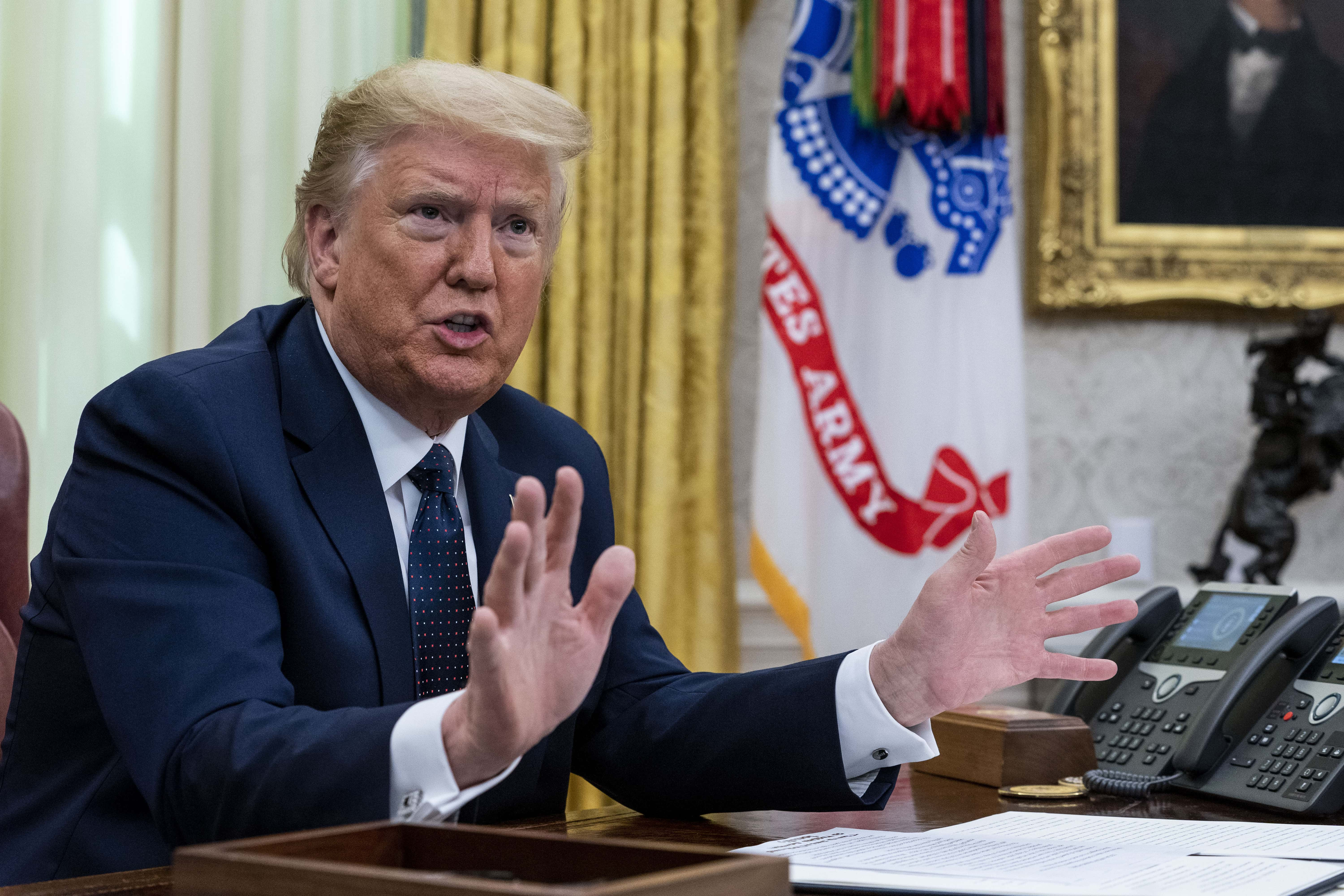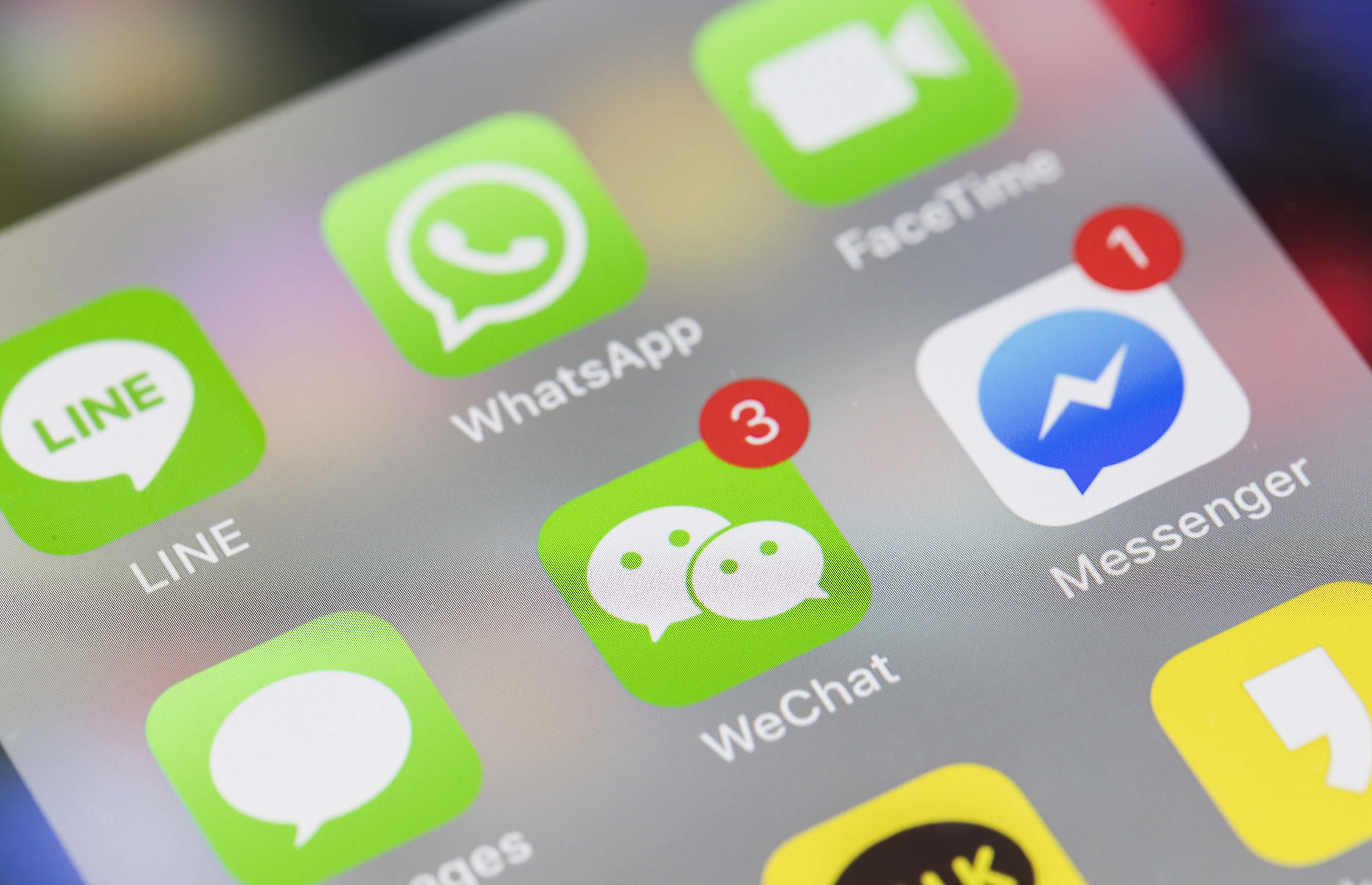Is Trump's WeChat ban a good step? A look at Chinese app's history with sex trafficking and privacy issues

The future seems bleak for TikTok and WeChat users in the United States. President Donald Trump issued executive orders on Thursday banning any US transactions with ByteDance, the Chinese company that owns video-sharing app TikTok, and Tencent, owner of the WeChat app, starting in 45 days.
Calling the Chinese-owned short-video app TikTok and messenger app WeChat "significant threats," Trump said in an order that the US "must take aggressive action against the owners of TikTok to protect our national security," and added in another order that WeChat "automatically captures vast swaths of information from its users. This data collection threatens to allow the Chinese Communist Party access to Americans' personal and proprietary information."
As per reports, the order would effectively ban WeChat in the United States in 45 days by barring "to the extent permitted under applicable law, any transaction that is related to WeChat by any person, or with respect to any property, subject to the jurisdiction of the United States, with Tencent Holdings Ltd." While several US citizens are solemn and have slammed the decision as they won't be able to stay in touch with friends and family from China, the real question is: Is Trump's ban on WeChat a good step? After all, the Chinese app's scandalous history with privacy issues and human trafficking is no secret.

As per old reports, WeChat operates under Chinese law, which includes strong censorship provisions and interception protocols, according to which the app can access and expose text messages, contact books and location histories. Moreover, it has been proved that the Chinese government uses WeChat as a data source to conduct mass surveillance in China. Not just the United States, but countries like India, Australia and Taiwan also fear it poses a threat to national or regional security.
First reported by the Epoch Times, when users updated to Tencent-owned messaging app's latest version, they were greeted with a new privacy policy statement that says WeChat shares private user data with the Chinese government. Until a user agrees with those terms, they cannot use the app. And it's important to note that Tencent ranked last in a 2016 Amnesty International report ranking technology companies on the way they implement encryption to protect the human rights of their users and scored zero out of 100.
Reportedly, a September 2017 update to the privacy policy also included search terms, call times, duration, location, profiles visited and content that had been viewed within the app. If that doesn't raise alarm bells, we don't know what would!

Not just privacy issues, WeChat also has a history of sex trafficking reports and authorities have linked it to numerous other crimes. Chinese civil rights activist and a critic of the Communist Party of China, Hu Jia was taken behind the bars for sedition for three years in 2008. He later speculated that the officials of the Internal Security Bureau of the Ministry of Public Security heard his private voicemail messages meant for his friends.
Moreover, WeChat has been known to be notorious for filtering words related to a Buddhist/Tibetan event in India, in January 2017. The words Tibetan, Dalai Lama and Kalachakra (event name) were found to be missing. In 2018, several reports detailed how a husband-wife living in New Hampshire used WeChat "to entice women to come to the US on tourist visas to serve in the sex industry in northern New England." As per court documents and US prosecutors, Sou Chao Li, 37, and his wife, Derong Maio, 37, orchestrated the plan in hotels and rented houses across Maine, New Hampshire and Vermont and it involved more than 25 women.
In June 2020, when India banned the app, the Ministry of Electronics and Information Technology, said it was "stealing and surreptitiously transmitting users’ data in an unauthorized manner to servers which have locations outside India" and was "hostile to national security and defense of India."

In the wake of all these reports and allegations, doesn't it seem like getting rid of WeChat is a good idea? While there is a widespread hatred on social media, a few Twitter users agree that WeChat's security for users is questionable. "Also...WeChat absolutely is a security issue. Chinese police widely use WeChat to intimidate the diaspora community and in China use it to follow/detain their families. The domestic censorship makes it an international filter bubble of CCP propaganda," one tweet read and another said, "He effectively banned it for national security reasons. I can't argue with concerns about the Chinese government getting their hands on US citizens' personal information. I doubt this is Trump's real motivation for doing this, though."
"India did that in June itself. Tiktok is a Chinese app and our privacy and security are compromised. Tiktok shares our data with criminal CCP and communist thugs," one tweet read and another said, "I don’t like the executive order part but they did need (to be) investigated just like many things from China. The spyware is undeniable."
Also...WeChat absolutely is a security issue. Chinese police widely use WeChat to intimidate the diaspora community and in China use it to follow/detain their families. The domestic censorship makes it an international filter bubble of CCP propaganda. https://t.co/NKn1RDxh8W
— Paul Mozur 孟建国 (@paulmozur) August 7, 2020
He effectively banned it for national security reasons.
— Michelle Genest (@wandainferno) August 7, 2020
I can't argue with concerns about the Chinese government getting their hands on US citizens' personal information. I doubt this is Trump's real motivation for doing this, though.
India did that in June itself. Tiktok is chinese app and our privacy and security is compromised.
— रतीशंकर शुक्ला मिर्ज़ापुरवाले (@MajRathod) August 7, 2020
Tiktok shares our data with criminal CCP and communist thugs.
I don’t like the executive order part but they did need investigated just like many things from China. The spyware is undeniable.
— Chris Diedrick (@cdiedrick) August 7, 2020










